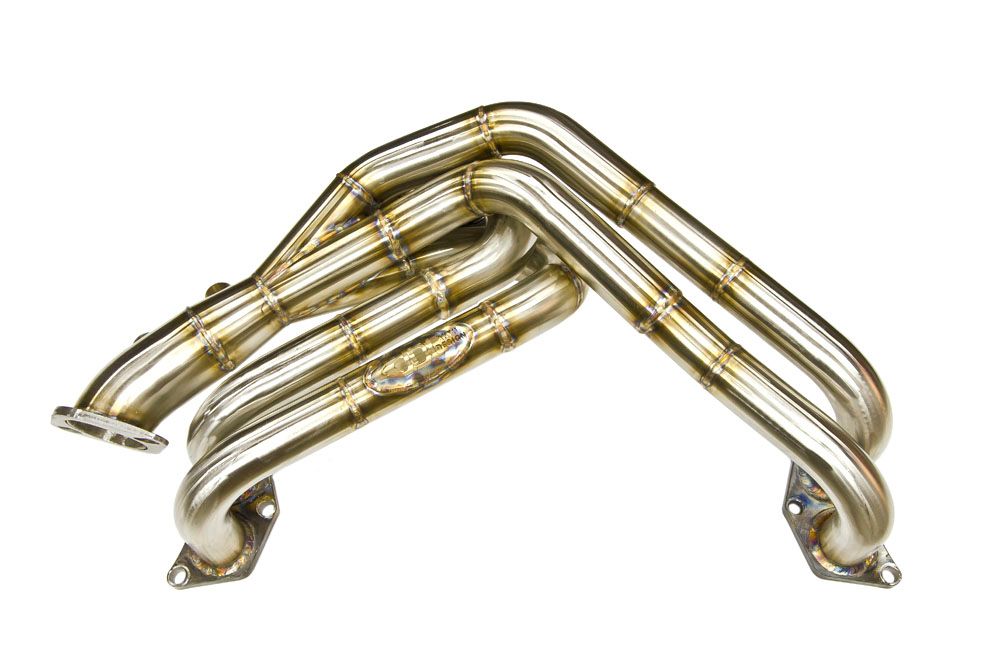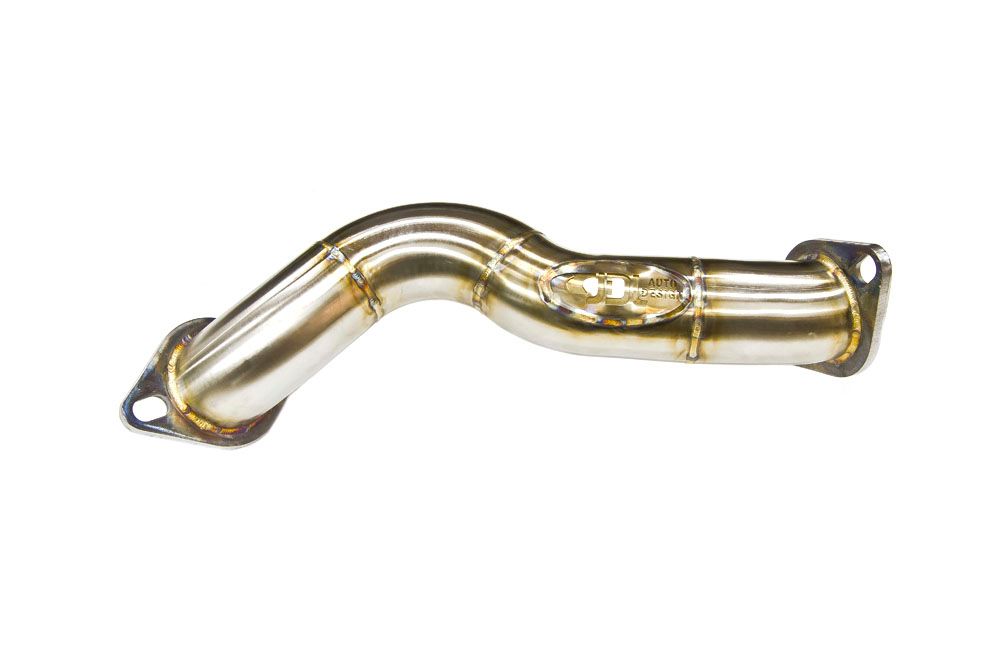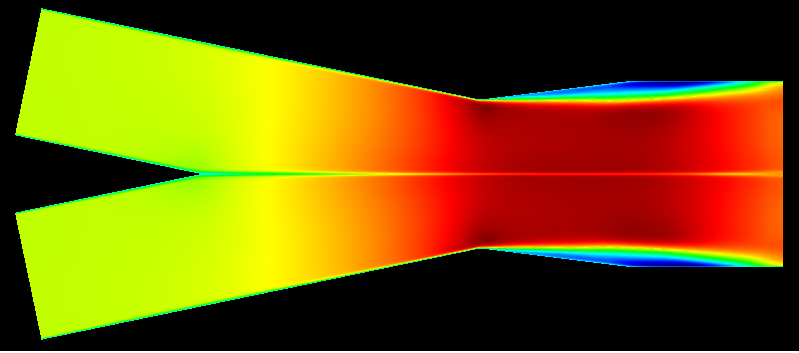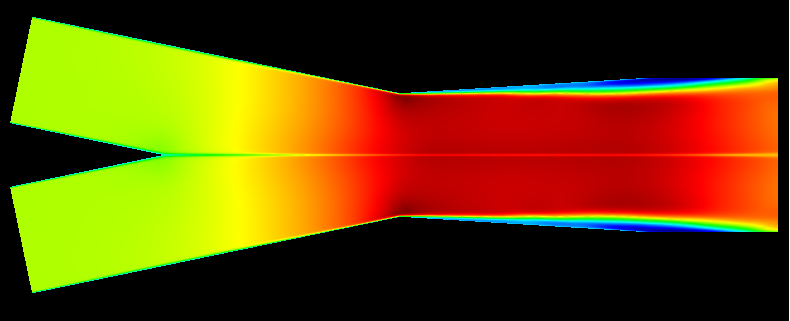We wanted to start this so we can share our exhaust development with you all. Ill update the first post as we get more prototypes done. If you have any questions let us know. We would also like to hear your thoughts ect
 Product Development Plans
Product Development Plans
- Equal Length 4 to 1 Header
- Unequal Length 4 to 1 Header
- Stainless Steel Overpipe
- Catted Front Pipe
- Non Catted Front Pipe
- Staines Steel Dual Muffler Catback
- Single Exit Titanium Catback
Now onto the pics

We will have this bad boy welded out and on the car in a few days









Just needs some O2 bungs


 Update 12/6/12
Update 12/6/12
From the header back will be dyno'd and added to the site by the end of the week. A few product shots for now


Catted front pipe

Engine back sigle exit system

Here are some on car shots. Sorry they are grainy, no tripod today





Collector analysis
Quote:
Originally Posted by Lee@JDLAutoDesign

Sorry for the wait guys! We saw an opportunity to do some analysis and hopefully improve our merge collector design and then leverage this design for both the equal and unequal length headers. Doing some of these design iterations analytically ultimately reduces the amount of building and testing we have to do so the end result is better products making their way to the customer sooner.
In my mind, the merge collector can make or break the success of the header design. If the collector design is effective, it can reduce the upstream exhaust pressure (for a given flow rate) and thus reduce parasitic losses associated with a cylinder having to "pump" out it's own exhaust. Obviously harmonic tuning plays an important role in cylinder evacuation, but the strongest exhaust harmonics are primarily tuned by runner length. A good merge collector can also minimize the mixing losses associated with 4 out of phase cylinders entering a common passage.
I'll spare most of the analysis details unless people are particularly interested, in which case I would be happy to elaborate. The gist of it is, I designed several collector profiles and then compared the resulting flow fields to the "baseline" collector design that has already been built and tested. I repeated these CFD runs for a range of exhaust flow rates to see if the benefits I found were across the board or only at a specific operating point. When I say a "benefit", I'm referring to reduced pressure losses across the collector. This benefit will be realized via reduced backpressure to the exhausting cylinders (and hopefully more power!).
Here is my model of the baseline collector:

The figure shows contours of X-Direction Velocity. The most obvious loss sources here are the large separation regions (dark blue) downstream of the collector throat and the wake that forms in the mid passage from the boundary layer of the inner wall.
An obvious way to reduce the pressure loss is to reduce the wall slope on the expanding section of the collector. Here is a model of the baseline collector with half of the expanding wall slope:

Overall, these are very similar results. The longer collector with the shallower wall angle has roughly ~2% less pressure loss than the baseline with no other changes. It also has a more uniform flow field in the center of the passage, caused by a reduced diffusion rate and less separation blockage... so definitely a step in the right direction.
I have ran several other simulations that I am still post processing, but I think we have already seen enough to influence our next collector design. I'll edit this post very soon with the results of the remaining designs  |
Update 4/23/13 Unequal done and out for dynos


